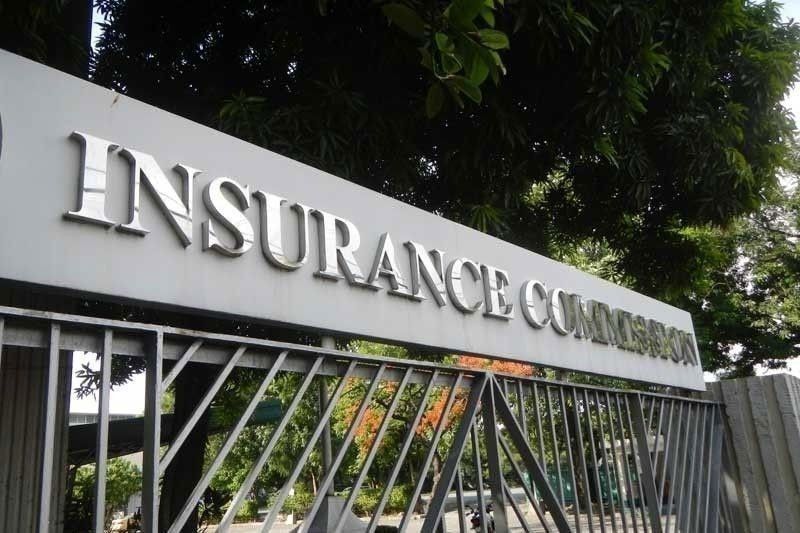IC adjusts liquidity requirements for HMOs

To recoup losses
MANILA, Philippines — The Insurance Commission has extended and adjusted the regulatory relief on liquidity requirements that it provided to health maintenance organizations (HMOs) to allow the industry to recoup its losses.
In his latest circular letter to HMOs authorized to do business in the Philippines, IC commissioner Reynaldo Regalado adjusted the acid test ratio (ATR) to 0.9 from the previously modified ATR of 0.75.
Before the first adjustment took effect in October last year, HMOs were required to comply with the liquidity requirement by ATR of at least 1.0 at all times.
The ATR is computed based on an HMO’s current assets and liabilities.
The HMO industry suffered an unprecedented net loss of P1.44 billion in 2022 and reeled from the continued increases in healthcare costs and utilization rates last year that resulted in P4.27 billion in losses.
This prompted the IC to lower the ATR requirement in 2023.
“The IC recognizes the need to extend the regulatory relief that we provided to give HIMOs more time to recover,” Regalado said.
The HMO industry is just starting to bounce back after it reverted to profitability in the January to June period, with net income reaching P636.6 million as against a net loss of P1.19 billion in the same period last year.
Total assets handled by HMOs went up 12 percent to P69.27 billion while total invested assets inched up six percent to P21.31 billion. Liabilities, however, also increased 13 percent to P58.32 billion
Based on the circular, for ATR above 0.9 but less than 1.0, HMOs will be required to submit the schedule of claims payable, as well as claims settlement plan.
HMOs will have to update the IC on a monthly basis on claims that are already settled including proof of payment of all valid claims.
“If upon examination of the submitted documents, it is found out that there were delays in the settlement or non-payment of claims, the regulatory action for HMOs with ATR of less than 0.9 shall be implemented,” Regalado said.
For ATR less than 0.9, HMOs may collect their long-term receivables and/or liquefy non-current assets or infuse cash to be contributed proportionately by the stockholders within 30 days from receipt of the advice from the IC.
Otherwise, the HMO must show cause in writing why no regulatory action shall be taken by the Commission against them and their officers for non-compliance thereof.
Only the liquidity requirement via the ATR is being given regulatory relief.
The IC maintained that HMOs shall at all times meet all other regulatory measures including paid-up capital, deposit requirement, risk-based capitalization and net worth requirement.
Under the law, the IC is authorized to issue rules and guidelines in terms of the establishment of HMO minimum capitalization, net worth, reserve funds and security deposit requirements.
- Latest
- Trending




























